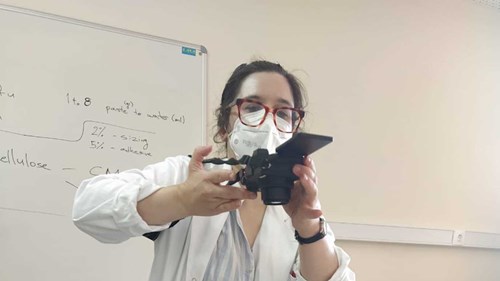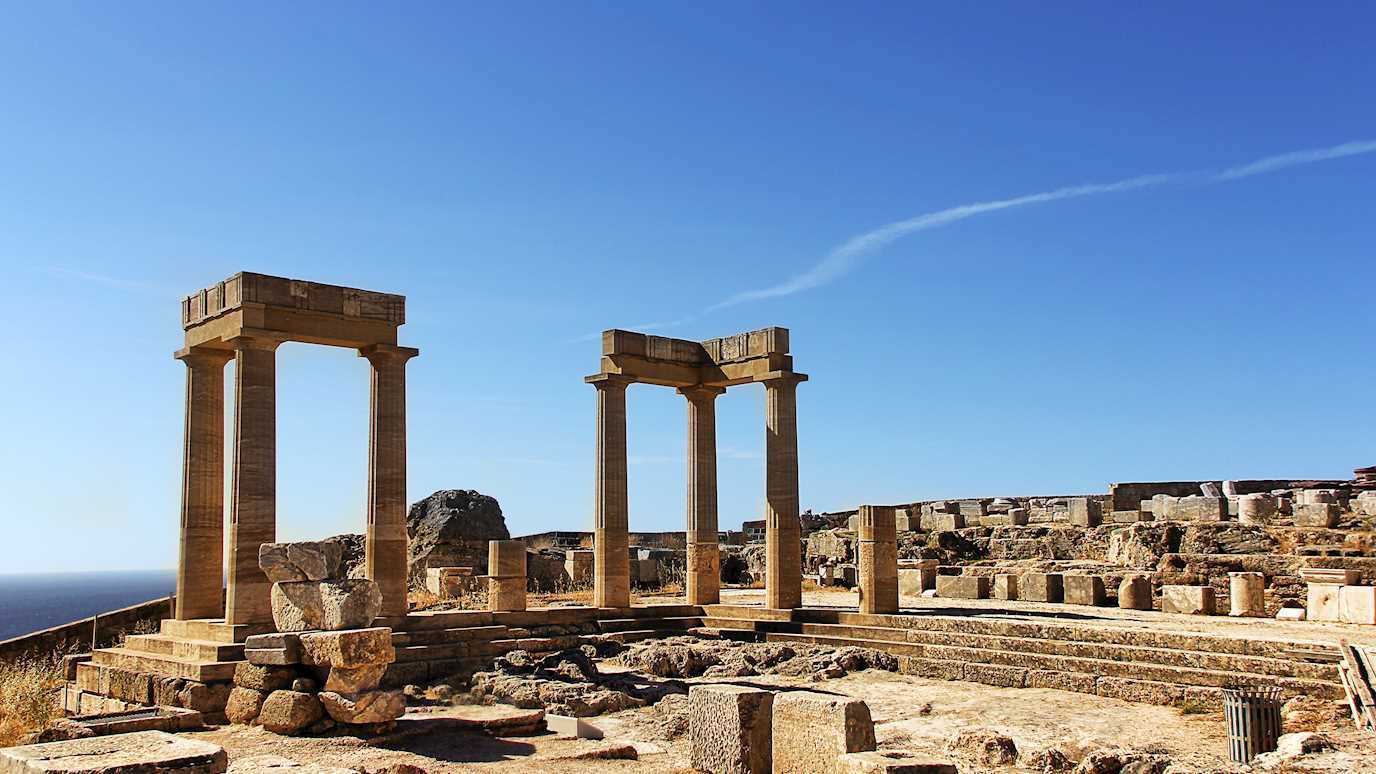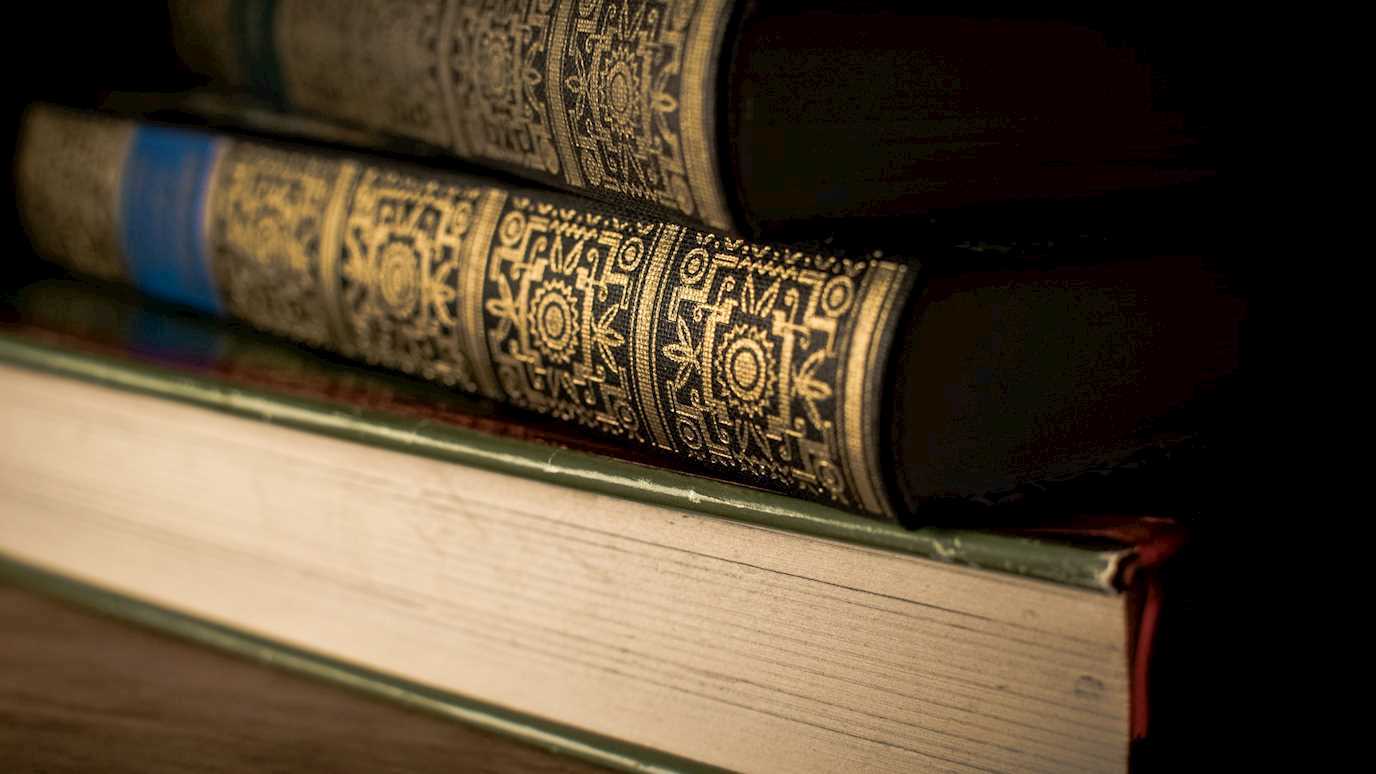Inked Up Marked Out: Interdisciplinary Encounters with Tattooing - 12th May 2023, Royal Museums Greenwich

Inked Up Marked Out was envisioned as one of the first UK academic conferences to be entirely devoted to themes around tattooing. It was co-organised by RHUL’s Sarah Weston and partly funded by the BMCRG and HARI. The conference was interdisciplinary and designed to be accessible to a wide range of researchers from different disciplines and at different stages in their careers. Both these objectives were achieved with speakers from faculties of History, Television and Film Studies, Sociology, Therapy, Literature Studies, Design, Law and Mathematics attending. The event also drew together tattoo artists from a wide range of culture backgrounds, from white working class to Afro-Caribbean and Māori communities. The generosity of funders and speakers enabled the organisers to keep the event free and this allowed a range of speakers and attendees to access the event, from established experts in the field to PhD students and early career researchers. Papers during the day tackled some difficult issues including HIV, infertility and loss and dark fandom.
Ancient History Seminar at the Institute of Classical Studies is co-organised by CSBMC co-director Dr Hannah Platts and explores the ‘The Embodied Histories and Archaeologies of the Graeco-Roman World’.
The seminars will be held via Zoom on Thursdays at 4:30pm (GMT), except 4th March when the seminar will begin at 4:00 (GMT).
These seminars are free and open to all, but registering online in advance is essential at https://ics.sas.ac.uk/events
The Embodied Histories and Archaeologies of the Graeco-Roman World
25th February Eleanor Betts (Open University): Multisensory movement in ancient Rome
4th March Victoria Leonard (Coventry/ICS) : Positive Outcomes? Gendered Violence,
(at 4:00 pm) Victim Credibility, and Adjudicating Justice in the Early Fifth Century
11th March Ellen Adams (KCL): Touch and the Tiresias Project in the Parthenon Galleries of the British Museum
18th March Hannah Platts (RHUL): Sensory spaces in the Roman house
25th March Ulrike Roth (Edinburgh): Trimalchio’s body and the history of Roman slavers
Seminar series organised by Hannah Platts (Hannah.platts@rhul.ac.uk) and Richard Alston (R.Alston@rhul.ac.uk)
Round Table – ‘Home and Work’
Weds 9th October 2019, 11 Bedford Square.
Speakers: Laura Humphreys, Science Museum; Prof Jane Whittle, Exeter; Dr Annabelle Wilkins, Manchester; Prof Gillian Symons, RHUL.
The growth of a digital economy and an increased culture of working from home has, arguably, blurred the boundaries of home and work in twenty-first century society. But how is the divide between home and work constituted – and how have ideas and understandings of this varied between different periods, places, and culture? And how has this played out through domestic practices in embodied material words? How can taking a historical perspective change the way we understand these issues? Featuring experts from different disciplines, the round table explored the interaction of home and work from historical and contemporary perspectives.
International Conference – Domesticating the Air: A Political History of Breathing
11th September 2018 Bedford Square
Organised by Sandra Cavallo in collaboration with the Max Planck Institute for the History or Science
Round Table – Technologies on the Body
11 December at 5.30pm, Senate House, Room 104
Speakers: Dr Jane Draycott (Glasgow); Dr Paolo Savoia (Kings); Dr Jennifer Wallis (Imperial).
Commentator: Dr Angela McShane (Wellcome)
The roundtable brought together scholars from different periods and places to reflect on the relationship between technologies and the body, focusing on specific technologies that are used with or become part of the body. Our speakers explored the use of prosthetic limbs, cosmetic surgery and breathing apparatus - exploring the integration of objects, bodies and bodily processes.

Public Engagement Workshop – Recreating Domestic Technologies and Experiences
March 20 2019 RHUL
This afternoon workshop explored how household technologies and the experiences of using them are recreated in museum and education settings. The workshop opened with a talk from Dr Helen Peavitt, Science Museum Curator, on the display methods for household objects in the Science Museum and was followed by a practice-based session from Dr Katie Carpenter based around Victorian and Edwardian marmalade cutters.



Animals and Home Conference
Institute of Historical Research on Wednesday May 1st 2019

The ‘Animals and the Home’ conference explored the relationship between animals, humans and the home in diverse forms. The study of the home is an important area in geography, history and anthropology but, as some animal studies scholars have remarked, animals figure in it infrequently. Animal presence is rarely mentioned in studies of idealised homes, domestic practices or family relationships. In recent decades studies of human-animal relationships have also developed and diversified, and a large body of scholarship now explores animal-human histories. While the cultural, economic and social significance of pet animals has been an important theme in this literature, discussions of these animals are sometimes abstract and removed from the everyday spaces and places they inhabited. Less attention has also been paid to the role of utility animals and household pests. This conference aims to bring home and animals together – thinking about the relationship between animals and ideas and emotional understandings of home, but also home as a lived experience.
Read more about the conference here!
Round Table: ‘Material Culture and the Senses’.
Wednesday October 18th 5.30pm, Senate House Room 102.
Speakers: Hannah Newton, Reading; Hannah Platts, RHUL; Hannah Thompson, RHUL; William Tullett, KCL.
This round table explored recent approaches to sensory experience and past material cultures. Bringing together four experts on ancient and modern periods, we will explore the methodological challenges involved in understanding how people saw, heard, tasted, smelt and felt about material worlds.
Translating Medicine in the Pre-Modern World: Materials, Images and Text
7-8 July 2017, Wellcome Trust Building and Library, London

The CSBMC sponsored Translating Medicine in the Pre-Modern World: Materials, Images, and Texts. It was one of the first two events organized by the network Translating Medicine in the Pre-Modern World. It was co-sponsored with the University of York, the Society for the Social History of Medicine (SSHM) and the Wellcome Library.
Download the programme.
Joint Book Launch: Conserving Health and Malleable Anatomies
7 July 2017 6pm to 8pm, Senate House, SH261

The CSBMC hosted the joint book launch of Sandra Cavallo and Tessa Storey, Conserving Health in Early Modern Culture: Bodies and Environments in Italy and England and Lucia Dacome, Malleable Anatomies: Models, Makers, and Material Culture in Eighteenth-Century Italy with comments by Alex Bamji (Leeds) and Anna Maerker (KCL), followed by a drinks reception.
You can download the list of contents and blurbs for Conserving Health in Early Modern Culture and Malleable Anatomies here.
Kitchens in Britain and Europe, 1500-1950
Although seen as the 'heart' of the home in some places and periods, the kitchen is still a relatively underexplored space. This workshop brought together international scholars working on the kitchen, who presented papers on a range of geographical and chronological perspectives. Topics of papers included: kitchen and food propaganda in World War Two; artisan working-class homes in Britain; and the modern use of the historic kitchens at Hampton Court Palace.
The day stimulated much discussion and debate about the potential of the kitchen in advancing social and cultural histories. The day benefitted from an afterword by historian of kitchens Sara Pennell, who outlined the directions scholarship in this area might take. The event was followed by the launch of Pennell’s book, The Birth of the English Kitchen, 1600-1850.
This event was live tweeted. You can see all the tweets here.
Download the programme.
Previous Seminar Series
2016-2017 The Family in Visual Culture
18th October, Senate House, Room 261.
Round Table: The Family in Visual Culture.
Participants:
Christine Grandy (University of Lincoln)
Annebella Pollen (University of Brighton)
Kate Retford (Birkbeck College, University of London)
This event was co-convened with the Bedford Centre for the History of Women.
9 November, 11 Bedford Square, Room 03.
Seminar
Elsje van Kessel (University of St Andrews), 'Painting the Family: Irene di Spilimbergo, Titian, and the Portrait as Surrogate’.
30 November, 11 Bedford Square, Room 03.
Janet Fink (University of Huddersfield), ‘Reflections from the Silver Screen: Family Lives and Family Problems in Postwar British Cinema’
2015-2016 Emotions and Material Culture
14th October, Senate House, Room 261
Round Table: Emotions and Material Culture
Participants:
Mary Laven (Cambridge)
Joanne Bailey (Oxford Brookes)
Julie-Marie Strange (Manchester)
Chair:
Sandra Cavallo (RHUL)
18th November, 11 Bedford Square, BSQ1-01
Joint Seminar
Sarah Johanesen (KCL), ‘Fostering Relationships: The Emotional Content of Gifts and Gift-Giving in the Exchanges of Bess of Hardwick and her Female Contemporaries’
Michaela Jones (RHUL), ‘A Home of One's Own: Gender and Domesticity on Display in the Dolls' House, 1600 - 1850’
9th December, 11 Bedford Square, BSQ1-01
Joint Seminar
Sally Holloway (Richmond), ‘”My heart is in my eyes”: Sensory interaction with courtship gifts in Georgian England’
Stella Moss (RHUL), '"Talking of Struggles and Laughing Them Away": The Emotional Landscape of the English Public House in the 1930s’
2014-15 Material Culture and Agency
22nd October
Round Table: Material Culture and Agency
Participants:
Professor Margot Finn (UCL)
Dr. Sara Pennell (Roehampton)
Professor John Styles (Hertfordshire)
Dr. Simona Valeriani (V&A)
5th November
Joint Postgraduate Seminar Session: Agency in Institutional Spaces
Susan Woodall (RHUL), 'Porous boundaries and "troublesome inmates": defining and defying the moral space of reform institutions for “fallen” women'
Jamie Nightingale (RHUL), 'All at sea? Ritual space and the School Board for London’s ‘slap-dash happy-go-lucky’ training ship'
Travel: Bodies and Objects in Motion
2013
23 October
Giorgio Riello and Anne Gerritsen (Warwick),‘Spaces of Global Interactions: The Material Landscapes of Global History’ Listen online here.
13 November
Ruth Livesey (RHUL), 'Dickens and America: Transport and the Making of Place in the 1840s'
11 December
Aaron Moore (Manchester), 'Physical Dimensions of Self: Diaries and Self-Discipline in East Asian Armies, 1937-1945'
2014
29 January
Carl Thompson (Nottingham Trent), 'Gender and the Romanticization of Travel Writing; Maria Graham's Journal of a Residence in Chile'
26 February
Charlotte Brown (RHUL) 'The Objects of Men’s Affections in their Letters Home 1760-1830'; Weipin Tsai (RHUL), ‘‘'Bright is the Moon Over my Home Village: the Family Letters of Chinese Merchants in Late Qing China'.
12 March
Ann Massey (Middlesex), ‘Bodies at Sea: Colonial Discourses and Ocean Liner Design’.
2012-2013 Imbibing Bodies: Histories of Drinking and Culture
2012
17 October
Karen Harvey (Sheffield), 'Politics by Design: Drink, Allegiance and Manly Consumption'
21 November
Lyanne Holcombe (Kingston), 'Leisured Spaces, Liminal Bodies: Gender and the Practice of Consumption in the Lyons Restaurant, Grill and Hotel 1914-1939'
12 December
Mark Hailwood (Exeter), ''Alehouses, Sociability and Intoxication in Seventeenth-Century England'
2013
16 January
James Kneale (UCL), 'Measuring Moderate Drinking Before the Unit: Medicine and Life Assurance in Britain and the United States, c.1860-1930'
13 February
Tessa Storey (RHUL), 'Salute! Drinking to Health in Late Renaissance Italy'
13 March
Stella Moss (RHUL), '"An Abnormal Habit": Methylated Spirit Drinking in Interwar Britain






























